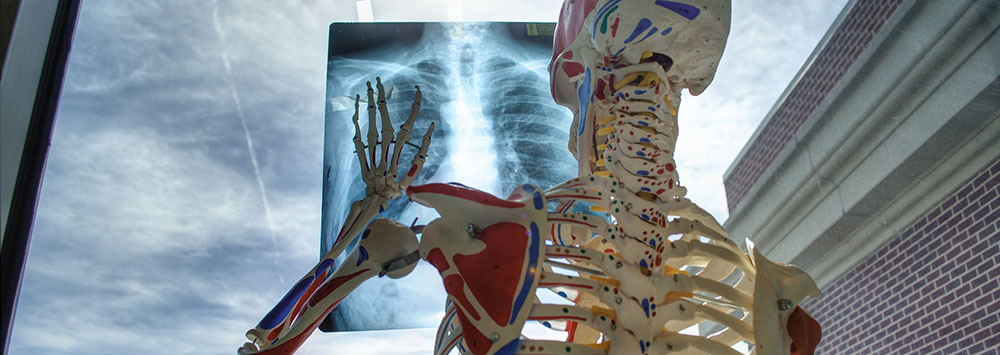Since 2017 I have become increasingly interested in philosophical conceptions of meaningful living. I see my work on this as a natural extension of my previous work on human enhancement, which I thought people disagreed on mainly because they had very different ideas of what makes life worth living. This is particularly evident in the debate on radical life extension. Those in favour seem to think that as long as we have to die life is meaningless, while those against are inclined to think that, on the contrary, life would be meaningless if we did not have to die.
This prompted me to study more closely the work of some classic philosophers and writers who all, in their own particular way, struggled with the problem of finding meaning in a mortal world. My work on this resulted in my first book on the subject, published in 2019 under the title ‘The Meaning of Life and Death. Ten Classic Thinkers on the Ultimate Question’, followed by the edited collection ‘Death and Meaning’ in 2021, which resulted from a Royal Institute of Philosophy conference that I organised here at Liverpool the year before and which contains my paper “When Death Comes Too Late: Radical Life Extension and the Makropulos Case”.
Another book (‘Sisyphus Fulfilled’), in which I provide a more systematic account of meaning in life and defend a subjectivist position (according to which living a meaningful life means experiencing one’s life as meaningful), is going to be completed in January 2024 and will hopefully be published later that year. I have tried to capture the core idea of this book in a poem that I wrote for the University of Liverpool Research in Verse Poetry Competition: “Digging for Truffles”.
Also related to this project is my work on anti-natalism, which has resulted in a special issue of the Journal of Value Inquiry entitled “Would It Be Better if We Had Never Existed? David Benatar’s Anti-Natalism” that I edited with Oliver Hallich in 2022, which also contains my paper “Anti-Natalism, Pollyannaism, and Asymmetry: A Defence of Cheery Optimism”. My short story “Mother Knows Best” provides a rather gloomy commentary on moral enhancement and anti-natalism.
The project will continue with another conference that I’m organising: the 6th International Conference on Philosophy and Meaning in Life, which is going to take place from 17 to 19 June 2024 at the University of Liverpool – . the keynote speakers are Tatjana Schnell, James Tartaglia, and Kieran Setiya – and I am also currently considering writing a volume of dialogues on meaning in life for Routledge.
Back to: Department of Philosophy
